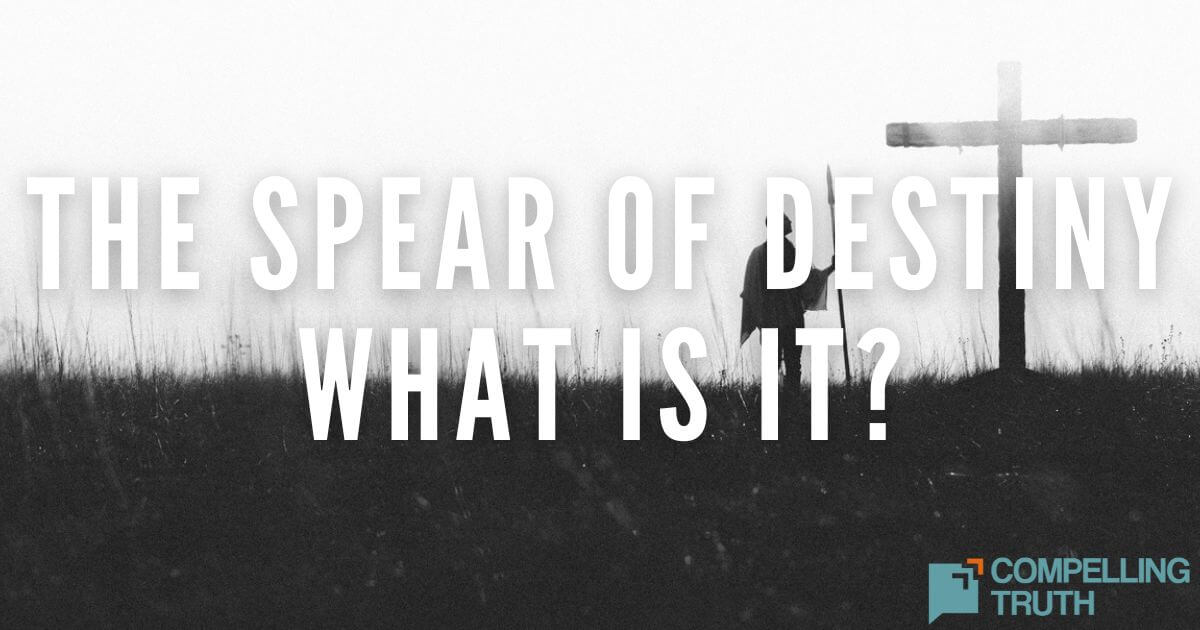The Lord of the Rings is an epic fantasy masterpiece of fiction, which has delighted readers for decades. The existence of Christian themes in the story is both obvious, and mysterious. Unlike his contemporary, C.S. Lewis, J.R.R. Tolkien, the book's author, was not trying to write a Christian allegory. Tolkien criticized Lewis' Narnia series for being allegorical. Tolkien was attempting to create a world and a mythology completely separate from Earth. That said, Tolkien was raised a Catholic, and his worldview and spiritual understanding is apparent in The Lord of the Rings.
The character of Samwise Gamgee is a beautiful example of Christian morality; he is the hero's best friend and companion on his long journey to Mordor, and consistently displays self-sacrificial love and stalwart faith that all will be well in the end. He is especially enamored of the Elves, who are other-worldly, ethereal creatures that offer protection and wisdom to the hero and his companions, rather like angels or saints. Gandalf, the wizard, also protects and guides Frodo and Sam, but interestingly, Gandalf is almost more like a guru, or a spirit-guide, or a figure out of eastern mysticism. At one point, he apparently dies, but then returns to Middle-Earth in a kind of glorified form. He tells the other characters that he "strayed out of thought and time" but, despite this resurrection-like occurrence, Gandalf is not a Christ figure. In fact, there is no Christ-like figure in The Lord of the Rings.
The absence of the Christ figure, plus a few other aspects of The Lord of the Rings world, make it clear that the series is not proclaiming or mimicking Christian thought. First, none of the characters provides salvation to the others—they are all in the fight together. There is some mention of godlike entities to which the characters pray—Elbereth and Gilthoniel are two such entities—but these are along the lines of departed ancestors rather than divine beings. Second, good characters remain good, and bad characters remain bad. There is no redemption for evil characters—a central theme of Christianity.
Another interesting point is the fate of Frodo. After his altercation at Mount Doom with Gollum, he is still somehow tainted by his association with the evil One Ring, and no absolution or purification is offered to him. He goes home to the Shire, but he cannot enjoy his retirement there. He is burdened with guilt and sadness, and feels separated from the pure, good people. Even when the Elves take him over the sea to live with them in the Grey Havens, there is no assurance that he will be forgiven or forgetful of his burden. The Bible describes heaven as a place where every tear is wiped away (Revelation 7:17b).
The Lord of the Rings is a wonderful series, and there is a great deal of wisdom and beauty present in the interactions between the characters, and in the writing itself. But, the world Tolkien created was not meant to be a Christian world, and should not be interpreted as such.
The character of Samwise Gamgee is a beautiful example of Christian morality; he is the hero's best friend and companion on his long journey to Mordor, and consistently displays self-sacrificial love and stalwart faith that all will be well in the end. He is especially enamored of the Elves, who are other-worldly, ethereal creatures that offer protection and wisdom to the hero and his companions, rather like angels or saints. Gandalf, the wizard, also protects and guides Frodo and Sam, but interestingly, Gandalf is almost more like a guru, or a spirit-guide, or a figure out of eastern mysticism. At one point, he apparently dies, but then returns to Middle-Earth in a kind of glorified form. He tells the other characters that he "strayed out of thought and time" but, despite this resurrection-like occurrence, Gandalf is not a Christ figure. In fact, there is no Christ-like figure in The Lord of the Rings.
The absence of the Christ figure, plus a few other aspects of The Lord of the Rings world, make it clear that the series is not proclaiming or mimicking Christian thought. First, none of the characters provides salvation to the others—they are all in the fight together. There is some mention of godlike entities to which the characters pray—Elbereth and Gilthoniel are two such entities—but these are along the lines of departed ancestors rather than divine beings. Second, good characters remain good, and bad characters remain bad. There is no redemption for evil characters—a central theme of Christianity.
Another interesting point is the fate of Frodo. After his altercation at Mount Doom with Gollum, he is still somehow tainted by his association with the evil One Ring, and no absolution or purification is offered to him. He goes home to the Shire, but he cannot enjoy his retirement there. He is burdened with guilt and sadness, and feels separated from the pure, good people. Even when the Elves take him over the sea to live with them in the Grey Havens, there is no assurance that he will be forgiven or forgetful of his burden. The Bible describes heaven as a place where every tear is wiped away (Revelation 7:17b).
The Lord of the Rings is a wonderful series, and there is a great deal of wisdom and beauty present in the interactions between the characters, and in the writing itself. But, the world Tolkien created was not meant to be a Christian world, and should not be interpreted as such.



